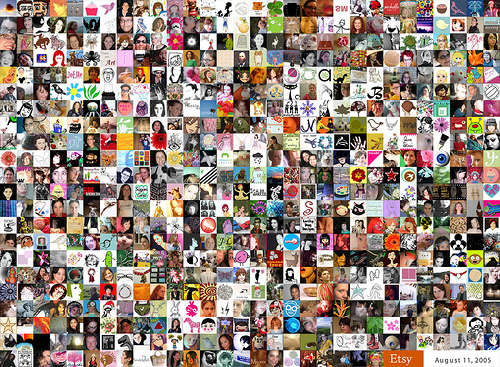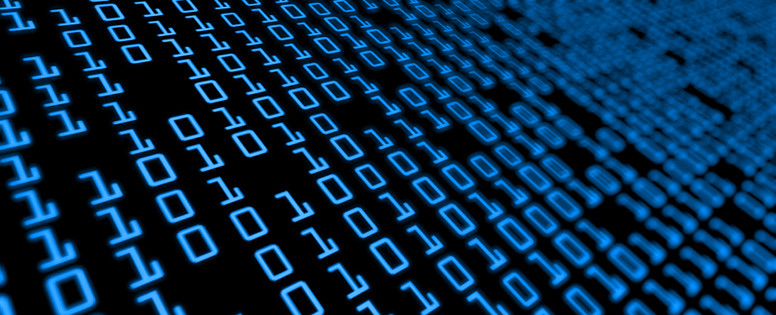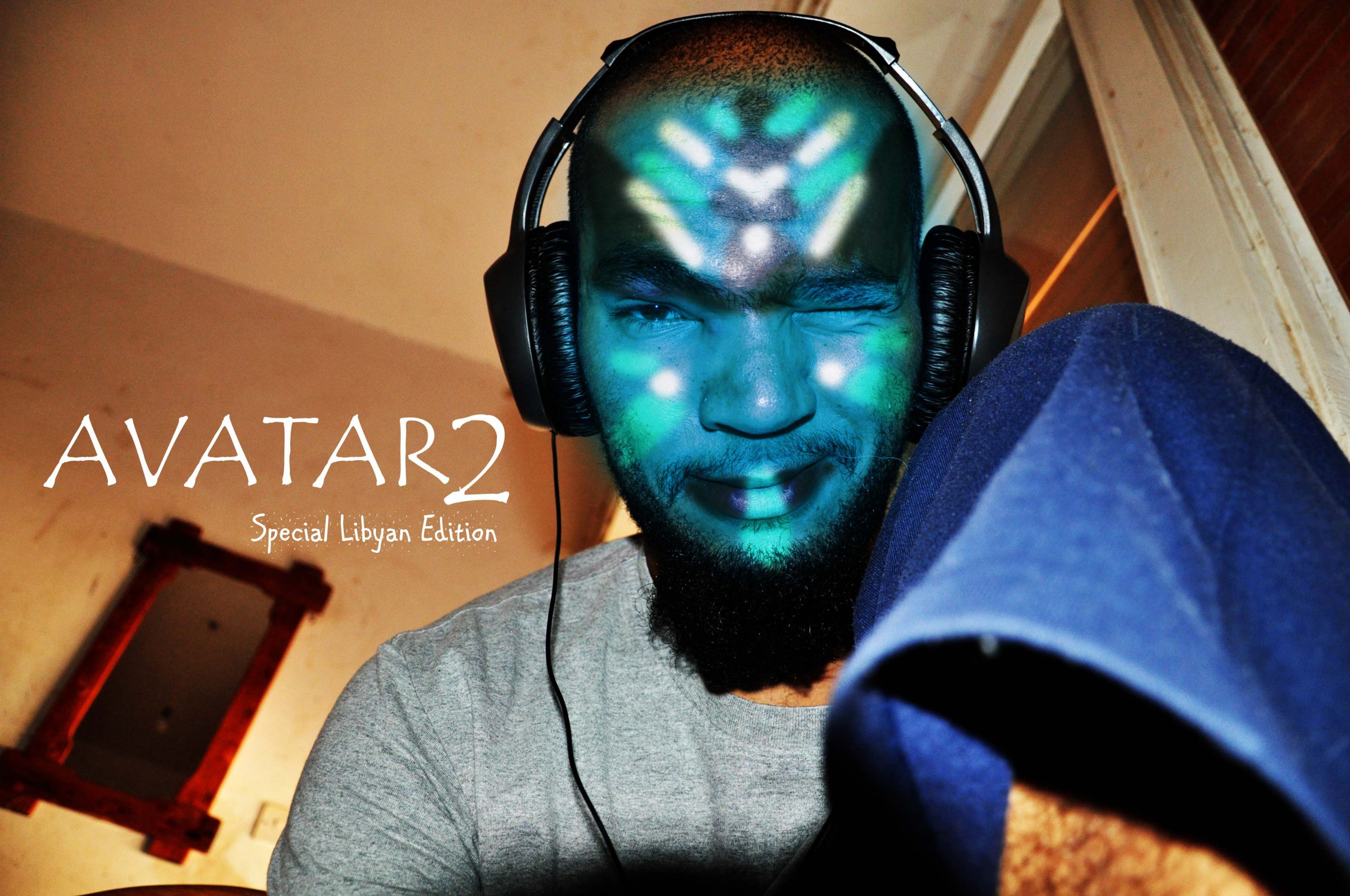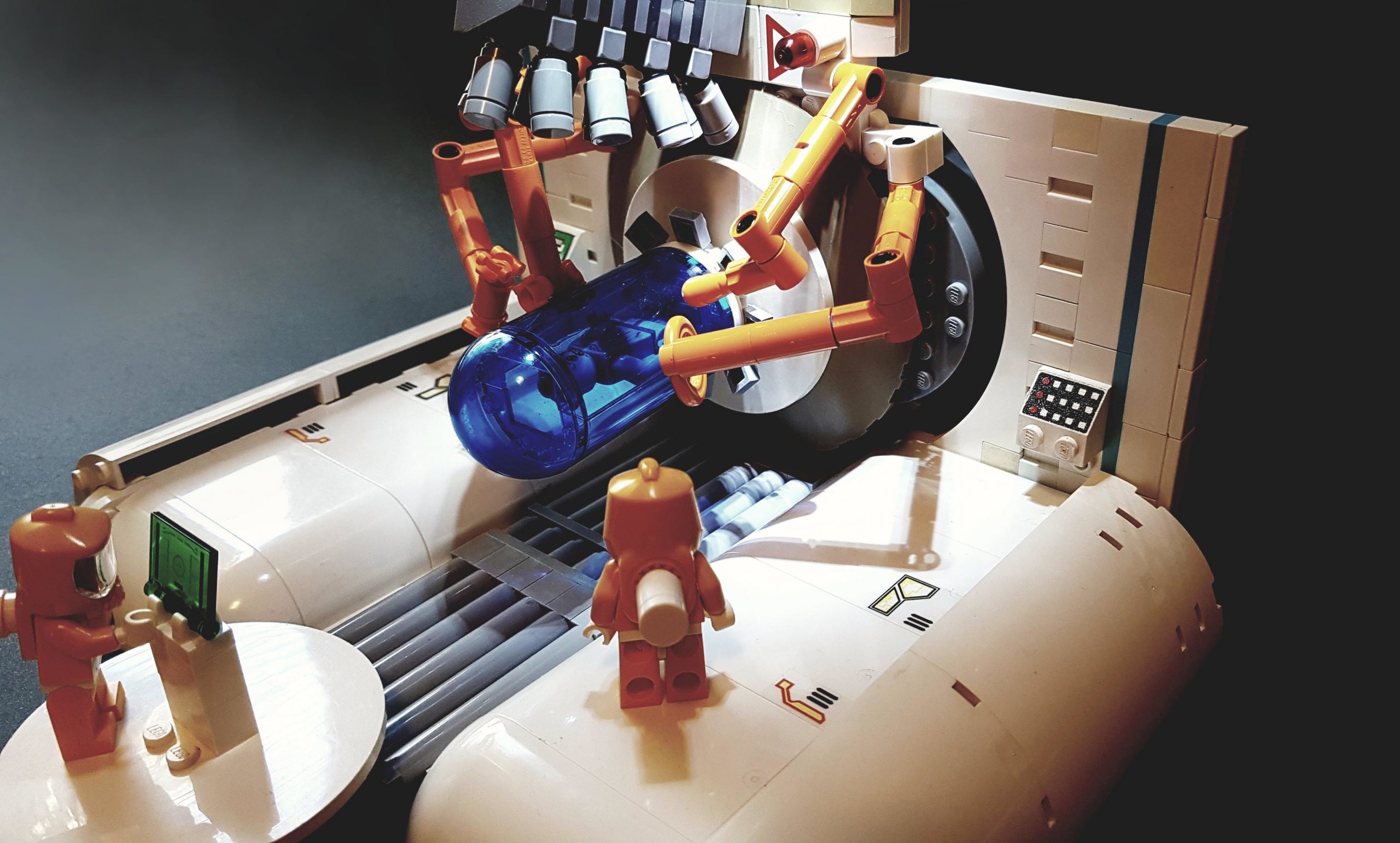
Image by Milnet
Discourse on the sociability of technology suggests that like no other time in the history of mankind, the current century presents an opportunity for accelerated evolution of mankind. There seems to be a consensus that there is going to be an upgraded human being, coupled with an overwhelming view that the human being is going to realize more the potential as a creator. There is no contending the fact that there is a large pool of data being generated and collected every fraction of a second over the World Wide Web. This data is already very important and it is going to be more so in times to come. How it is going to be used is the bone of contention. The discourse also inspires very interesting projections of what evolutionary trails mankind could possibly follow, given the reality that prevails in the current technological dispensation and the one to follow.

Image by Speedalus
Huge Amounts of Data Generated
Israeli historian Yuval Harari is anchored in the future rather than the past. Harari uses the past as the base on which to ground his forecast, also highly informed by modern times. He observes that the World Wide Web has helped generate a lot of data. The internet is publishing more data than ever imagined before. As of 2018, 2.5 quintillion bytes of data were generated, with a projection that by 2020, there will be an average of 1.7MB of data generated every second per person on earth. Google receives 63, 000 searches per second, 6,000 tweets per second, 350,000 tweets per minute, 500 million tweets per day; and 200 billion per year. It is estimated that 250 billion photos had been uploaded onto Facebook by July 2019. The statistics also show that 30% of internet users use Facebook more than once a day, with 243, 055 photos being uploaded on Facebook every minute. This averages to 127 photos per average user. Internet users share 4,050 photos per second. They send 752,314 messages per second. This gives the internet companies access to a huge amount of data; making the companies possess a disproportionate share of the capital of modern times and the future.

Image by Jollygood Show
Are We Getting Enslaved by Technology?
Harari sounds a warning that technology was created by man, and now it seems to have assumed control over man. He further argues that now, there is a trend toward a future where people are going to trust Google more than they could trust any other person. This, coupled with the copious amounts of data that search companies compile about every single user, is going to make the companies assume the stature of gods. To stress this point, Harari says that companies such as Facebook and Google know the average person more than the person could even know themselves. This is illustrated in the way technological psychology has been applied in places like shopping malls, where cameras are stationed to monitor customer behavior, detecting whether they are pleased, displeased, or indifferent to a particular item. This data is used to meet the needs of this customer. Given the autopilot nature of most of our decision making, the average person might not have a clear image of who they really are. Here, such data collected by the internet companies will reliably construct a given customer’s preferences and inclinations and are likely to be closer to the truth than when the person is left to his/her designs.

Image by Jim Kaskade
The Age of Dataism
In Harari’s view, the evolution of humanity has brought us to the twenty-first century, where the most valuable asset is data. It is what is going to determine who the master, King, and God are in this century and beyond. This is if humanity still survives because according to him, there is bound to be either an apocalypse or massive enslavement of humanity by a handful of dataists. The modern age thus leaves humanity in the hands of the few dataist gods, to whom lies the moral responsibility for virtue and benevolence. He predicts the collapse of modern society with all its institutions because they will be rendered obsolete. His theory is difficult to fathom, especially when he argues that in this envisaged future, the few people with data can earn enough to feed the rest of us, and there will be no need to work or make any decision because you can get all the answers on Google, and Google will know you better than yourself. It will be interesting to learn how this system is going to sustain itself. How would the few continue generating revenue if the people are being kept as pets, not working? Could be, within the theory, the breakup of the society as we know it today could come with new ways through which the majority can be relieved of their responsibility to make a living, and still the few draw in their billions.

Image by Maneel
Huge Networks
Kevin Kelly, a futurist, supports the view that data is the most important asset of the century. He reiterates a concept that is always attributed to quantum physics. This is the idea that thoughts are concrete objects. Kelly reasons that the World Wide Web has given man an opportunity to interact on a scale that is groundbreaking. He sees something phenomenal in the network composed of people in the excess of six billion. This, he observes, is the potential for bringing about a massive effect. The fact that all the billions of thoughts are consolidated on the same network is a development that is very impactful. This is coupled with artificial intelligence that is being continually fed into machines, contributing to the thought of the planet, and it can only be left to the imagination of what its physical manifestation is going to be. Both Harari and Kelly claim that in the coming century, man shall be upgraded. However, Kelly sees a more liberated man, freely sharing and deliberating even more on whom Man is, and his purpose.

Image by Luxmundi
The Improved Human Being
Let us entertain the idea of an upgraded human being. The two futurists, Kelly and Harari offer us thoughts that lead to two very different scenarios in the days to come. Assuming that the data companies ascend to the god status foretold by Harari’s dataism, then accordingly, man will be required to think lesser and depend more on machines to do most of what he would rather do. The concept of machine learning, alongside the continually advancing technology in robotics and general Artificial Intelligence (AI) leads us to the realization that the future of intelligent machines is not a very remote thought.

Image by Marco Raaphorst
Vestigial or enhanced human brain?
Harari’s theory postulates that the executive function of the human brain is going to be outsourced from a machine. It is not yet clear whether this will lead to more rapid stimulation of this part of the human brain, or if it will reduce it since most of the functions shall be vested in a machine. Lack of use could therefore lead to progressive atrophy and vestigialization. This could mean then that this upgraded man could as well regress in cranial capacity, to hominid size. Whatever this upgrading will mean is still a matter of conjecture.

Image by Louzao
Angel or Monster?
Considering Kelly’s thesis, one would imagine that the internet and all the scientific and technological revolution currently being experienced is something not just benign, but very hopeful for mankind. In it, Kelly finds a scenario where the synthesis of all the knowledge there is, shall coalesce into something unimaginably phenomenal, leading man to higher heights of interaction, and a redefinition of presence, physicality and the whole issue of who the human being is and what this human being wants to be, as an individual or society. While he acknowledges the role played by Artificial Intelligence and even gene editing, Kelly seems to envisage a future where all this leads to enhancing the human experience, and the deliberative skills of man. This could be seen to favor a view that all these developments are going to even help Man expand further his reasoning faculties, and include in his cosmos, all this intelligence that is being fed into the universe. It could mean an increased number of synapses getting to fire in the brain, a process that would further expand and grow the human brain. Ray Kurzweil, is among the notable futurists who are of the view that singularity shall lead to the multiplication of human effective intelligence by 1billion.

Image by Andres Stagno
Immortality or Decimation?
What evolutionary science has not made clear is whether there could be a different trend in the evolutionary trajectory. Futurists are saying that modern evolution is going to take an even shorter time to materialize. Traditional evolution required millions of years. It is also assumed that the ancient organisms lived in a world that continued to expand the more they discovered. It could be said that in modern times, as we conceive more of the world, so does it become smaller. Virtual reality has helped to bridge the distance, and it is projected that increased capabilities of the internet will enable holographic telecommunication, where one could be able to send a holograph of themselves over the net, and in this way, be able to communicate with another person at a distance, in a way that could be physical. An idea has also been fronted to theorize about the possibility of piecing together someone’s online data and be able to reconstruct that person in the future; say in the case of a deceased loved one. This way, one could be able to communicate in real-time with the deceased and get to virtually interact with them, and with the holographic image transfer, this would make for a vivid encounter with the dead. These suggestions defy all sense of evolution. Perhaps this is what could be called revolutionary evolution. We are also left to wonder what implications this rapid change would have in regard to size. Man is going to evolve in this new way, in a completely different environment. Taken together with the concept of what thinkers such as Napoleon Hill refer to as Collective Infinite Intelligence, it would be expected that the evolution of man during this age when the idea of miniature technology is already manifested in the universe would also have an aspect of this miniaturization. This is because of the holistic nature of a being and their environment, and the back and forth mutual stimulation and eventual manipulation.

Image by El Mejbri
Many Bites in a Smaller Unit
If miniaturization is going to be part of this coming evolution of man into an upgraded man, there could be an enormously enhanced cranial memory within a miniature unit. Could it be a possibility that the upgraded man is capable of holding and processing a lot more data in their brain, which doesn’t have to be massive in size? Harari points at the lackadaisical nature of man, claiming that man is the most domesticated animal of all, and that being domesticated is man’s nature. He observes that today, more and more people depend on online counsel and answers than they would depend on their own mind. His view, therefore, is that man is going to depend more and more on machinery and a few people making decisions. This viewpoint is relevant in view of how the internet and other communication technologies are being used by governments for surveillance and to control what people get to know. The internet interaction platforms also operate a sieving process to regulate what gets shared. This means it is possible that what gets shared could be tailored toward a certain angle of interest for the internet providers and those in power. This would lead to a manipulated collective consciousness and unconscious.

Image by Max Hadley
A Monster to Tame?
Some of the leading science and technology bigwigs such as Bill Gates, Stephen Hawking, and Elon Musk have expressed concern about this possibility. Ben Goertzel, a strong singularity proponent also sounds a subtle warning in an interview with London Real, an online TV channel. He would like to see a situation where the emergence of machinery that is smarter than the human being, travels hand in hand with ethics that will support the refined human values that should conform to the value system of the time.

Image by Shannon Sproule
What Future for Food Processing?
In all this conversation, what does not really feature prominently is what the nutritional needs of this re-engineered human being could be. What kind of food will this person consume, in order to fulfill the demands of the new environment? What kind of production and processing mechanisms will be in harmony with the new needs of the new human community? Will it mean a complete overhaul of the current system so as to build something more relevant? Will Man develop improved abilities to have the best out of the available nutritional treats? The future is really worthy of looking up to in the food processing world, as we face the future filled with the promise of phenomenal change in such a short period of time.
Written by Amadi Kwaa Atsiaya






